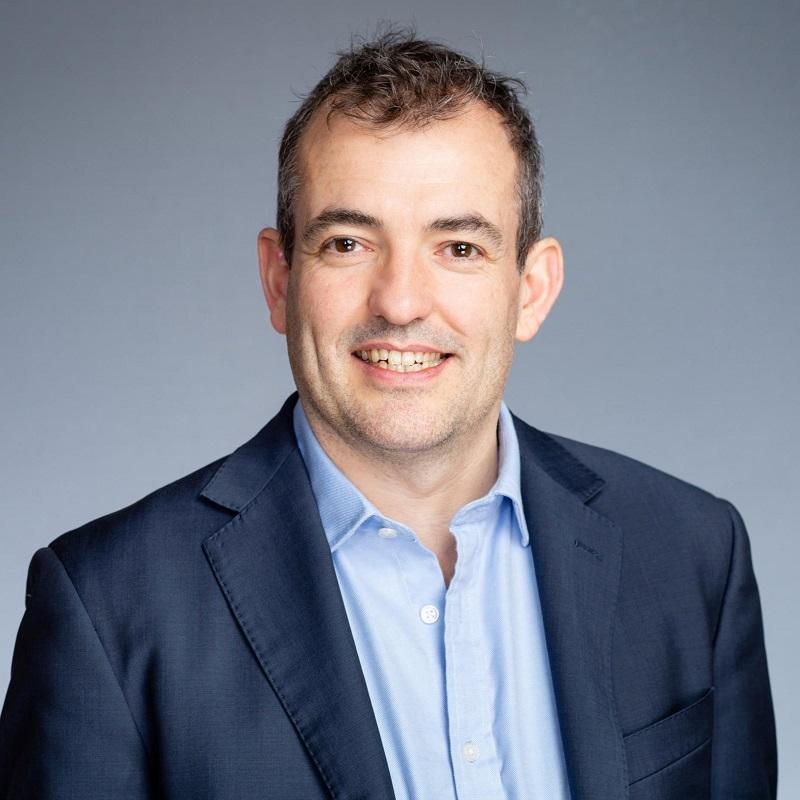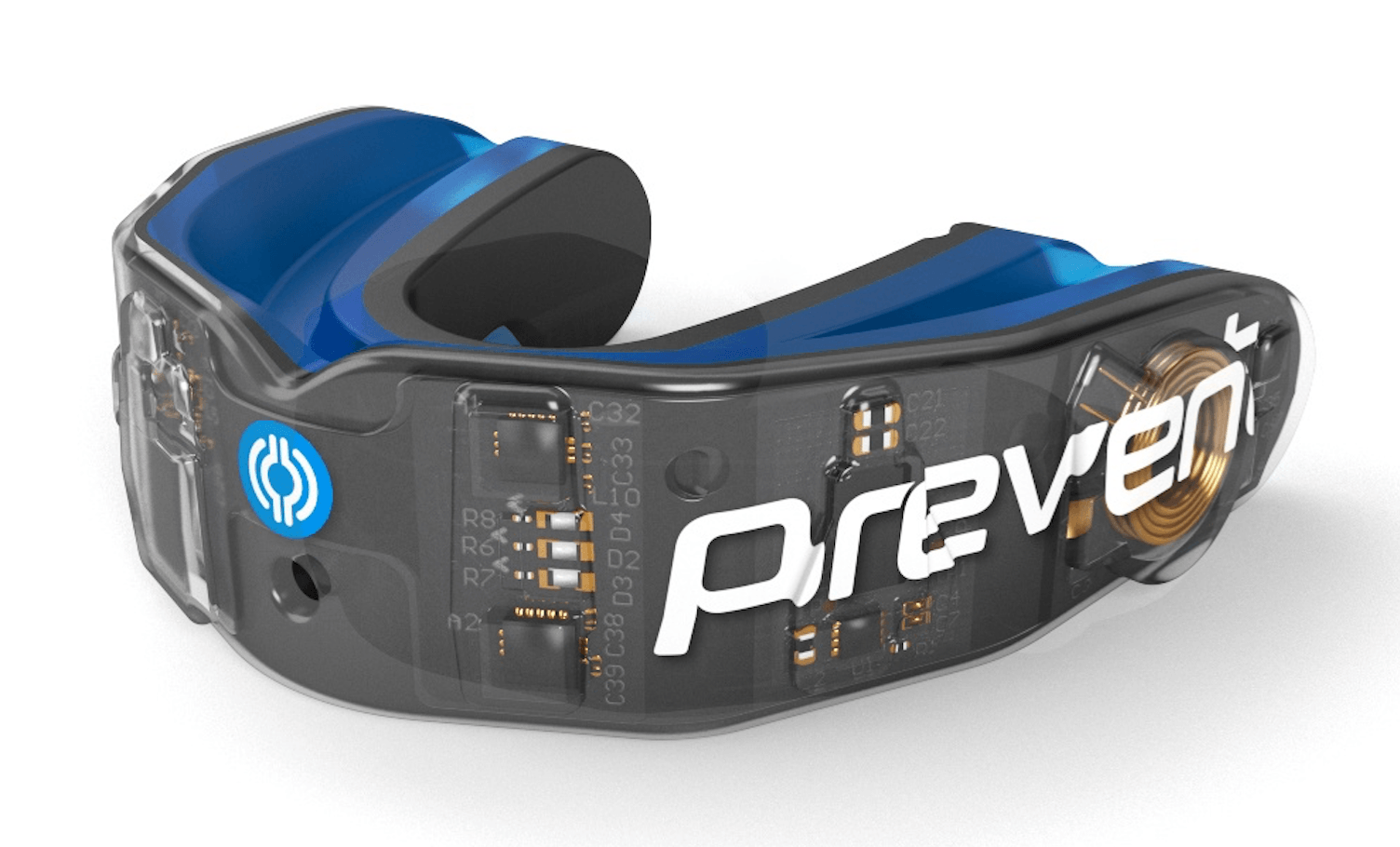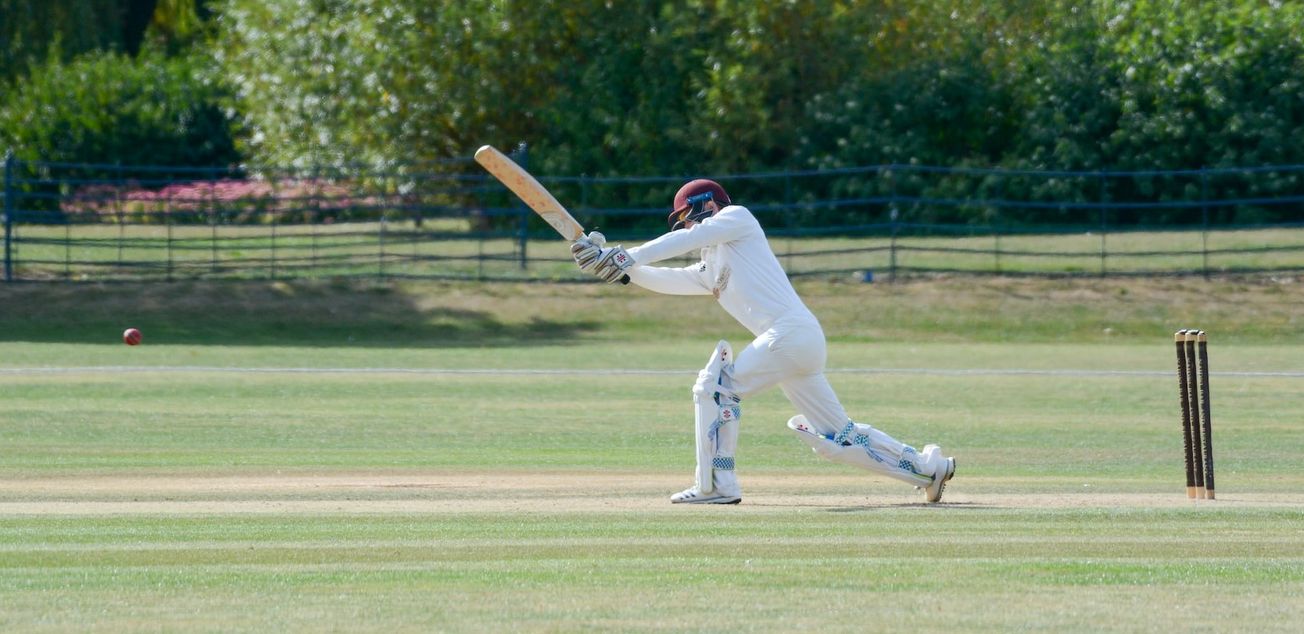Damian Smith was managing a rather delicate job as Head of IT at the England and Wales Cricket Board when he was approached by non-profit Podium Analytics to reduce the volume and impact of youth sport-incurred injuries.
“In 2020, I was in the midst of putting bio-secure international cricket on and we sort of defined that [pandemic professional sport] for the rest of the world,” he tells The Stack.
“It was a complete necessity because god knows what would have happened with broadcast money otherwise… We were all over tracking and tracing so you’d know if Ben Stokes caught Covid, it was because he was stood next to Jos Buttler for one minute and 47 seconds within a metre proximity.”

The call that came through was from Podium Analytics CEO Andy Hunt, a storied figure in UK sport from stints at world sailing, the British Olympic Association, Team GB and elsewhere.
“Andy called out of the blue and said ‘would you like to come and work at Podium Analytics?’”
An even more high-profile figure attached to Podium Analytics was founder and chairman Ron Dennis, the former team principal at F1 motor racing giant McLaren. Dennis had discovered that his son’s independent school couldn’t field a rugby XV because of injuries and discovered that this wasn’t an unusual landscape in school sport.
“You’d do little harm and you’d improve people’s lives,” Hunt had told him. Smith was intrigued by the notion of doing a job for a greater good, having worked in not-so-squeaky-clean sectors such as tobacco and defence as part of a long management consulting career.
Besides, Dennis brought a data-driven, evidence-based mindset and, having been steeped in performance and tactical analytics at the ECB where every ball and field placing adjustment is mined for insight, the move represented an interesting segue for Smith. And what he discovered was proof-positive that data can reveal outliers that illuminate and surprise in equal measure.
Sporting injury data was a challenge: Schools don't record knocks and accidents
What was predictable was that while in elite sport, teams were “pretty good at putting people back together when they were injured… but that doesn’t cascade down”. What was not so well-known, except among specialists, was research from the University of Bath that stated that “when children start a growth spurt then come out the other side you can predict really accurately what the ultimate height and build will be and it’s then that a lot of injuries occur”.
Wealthy bodies such as Premier League football clubs have the resources to deal with this sort of knowledge but schools and amateur societies don’t. Podium’s work is based on “taking well-understood, well-proven academic work and translating that into a school or club setting”, Smith says.
The challenge is data… or rather the lack of it. Accidents, knocks and injuries often are not recorded at schools and can even be seen “as part of the rough and tumble of sport”. That means Smith and podium are on a mission to gather data via teachers, coaches and volunteers across all types of schools and societies.
“We’ve got this blank canvas or ocean to boil,” Smith says. “We work with independent schools but also state-funded schools in some of the most deprived areas of the country where the only reason sport happens is they have a volunteer teacher.”

Podium Analytics uses both anonymisation and synthetic data to ensure privacy
Capturing knowledge will let Smith and team stratify data. To that end, Podium releases two updates to its cloud application every six weeks, thanks in part to OutSystems’ low-code development environment for regular adjustments and upgrades. “That means we can bring different skills sets to the party far easier and let others pick up where someone left off rather than having to do archaeology on coding.”
Privacy is key for what Smith calls his “data lake in the cloud”. Anonymisation and use of synthetic data helps and rigorous data quality is helping to create a platform from which Podium can help to understand and address the nature of injuries.
Some of that data will also come from higher up in the ladder with rugby players packing telemetry and mouthguards that measure and log impacts. Podium is also working with about 40 researchers at the University of Oxford to improve safety in sport.
“Ultimately, we want to create a model where there’s an immediate mobile phone diagnosis but to do that we need really good data to interpret all the telemetry and biomarkers, so [for example] we’re looking at working with Premiership Rugby to get footage.”
Smith saw his own rugby playing days curtailed aged 22 with a recurring injury and he is insistent that data can be the game-changer, whether that’s correlating the prevalence of injuries among people suffering mental health issues or discovering why a Paralympian swimmer underperformed in extreme lanes (she suffered from tremors while changing for races and this was fixed with a quick-release velcro tracksuit).
“It’s a win-win,” Smith says. “Everyone here is passionate about the power of sport and we’re fanatics about being able to change lives but also how to improve the quality of lives. We don’t want to be seen as the health-and-safety of sport… we want people to play more sport, longer.”







